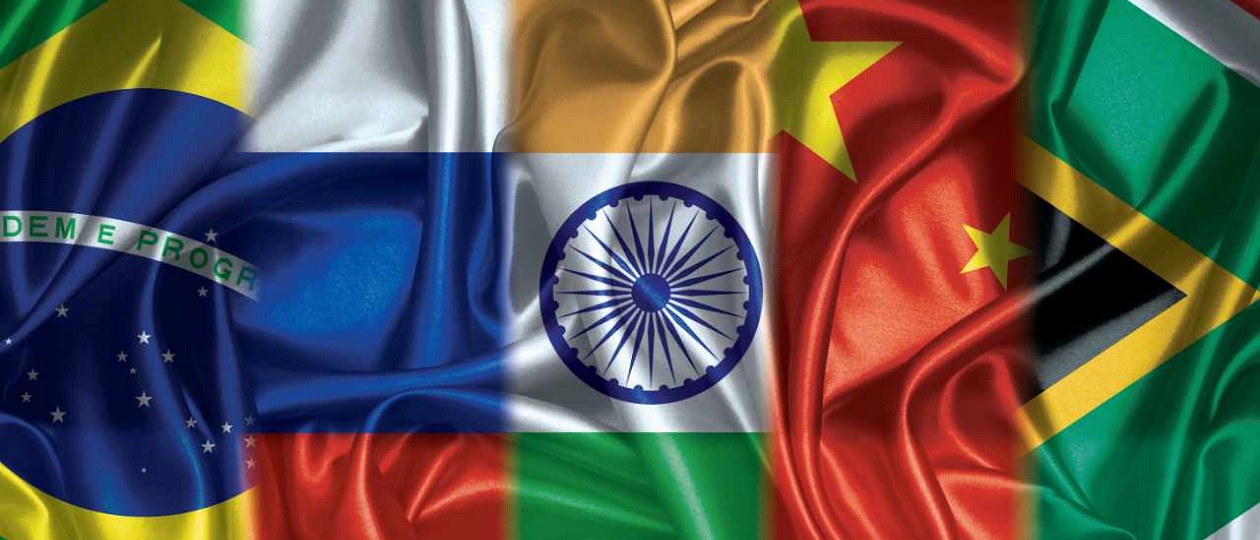
The world is no longer on the cusp of change — it is already transforming.
The 2024 BRICS Summit, hosted by Russia, crystallized a paradigm shift in global governance, underscoring the emergence of a multipolar order that challenges antiquated hierarchies.
As traditional political systems falter, BRICS—a coalition of Brazil, Russia, India, China, and South Africa—embodies a revolutionary model: one that harmonizes globalization with cultural sovereignty, or glocalization, to forge a NooCivilization (NooCiv).
This concept, defined as NooCiv = Globalization + Glocalization, represents a synthesis of interconnectedness and local identity, offering a sustainable alternative to the West-centric G7 framework.
The Crisis of Legacy Systems and the Rise of Multipolarity
The G7, a relic of 20th-century hegemony, perpetuates a binary worldview: “developed” versus “developing,” “leader” versus “follower.” Its hierarchical structure, rooted in comprador capitalism and unipolar dominance, struggles to address 21st-century challenges — from climate crises to technological disparities. In contrast, BRICS rejects such stratification. It champions a networked multipolarity, where nations collaborate as equal nodes in a fluid, adaptive system. This model prioritizes mutual respect over paternalism, enabling civilizational diversity to thrive within a shared framework.
Russia’s leadership within BRICS exemplifies this ethos. By advocating for self-determination and self-consciousness among member states, Russia underscores the coalition’s commitment to preserving cultural identities while fostering cross-border synergies. The Russian experience — a mosaic of over 190 ethnic groups united without erasing their distinctiveness — offers a blueprint for NooCivilization. Here, glocalization manifests as a cross-cultural space where knowledge and innovation circulate freely, unconstrained by neo-colonial narratives.
BRICS vs. G7: A Clash of Paradigms
The G7’s diminishing relevance stems from its inability to evolve beyond Cold War-era paradigms. Its decision-making remains insular, privileging Atlanticist interests at the expense of the Global Majority. BRICS, however, operates on heterogeneous networking principles. Virtual alliances, decentralized projects, and cooperative platforms (e.g., the New Development Bank) reflect its agility in addressing global inequities.
Consider technology: While the G7 monopolizes innovation through patent hoarding, BRICS promotes open-access knowledge pools, democratizing progress. Similarly, in governance, BRICS emphasizes sovereign adaptation over imposed templates. Where the G7 demands compliance with liberal-democratic norms, BRICS acknowledges that political systems must evolve organically, rooted in indigenous values.
Scenarios for the Future
Three trajectories loom:
1. Negative: Hegemonic resurgence, with the Global North enforcing outdated hierarchies.
2. Moderate: A transitional clash between old and new systems, marked by rhetorical pledges but limited action.
3. Positive: The consolidation of NooCivilization — a trust-based ecosystem where BRICS pioneers hybrid institutions (e.g., digital governance networks, climate cooperatives) that transcend Westphalian constraints.
The positive scenario hinges on BRICS operationalizing its principles. This requires:
• Elevating self-conscious leadership: Nations must champion projects that fuse local wisdom with glocal goals (e.g., India’s solar alliance, China’s Belt and Road sustainability initiatives).
• Institutionalizing glocal frameworks: Cross-cultural councils and decentralized funding mechanisms could harmonize diverse priorities.
• Countering hybrid threats: Cyber resilience and resource sovereignty must underpin collective security strategies.
Conclusion: BRICS as the Vanguard
BRICS is not merely an economic bloc — it is a civilizational experiment. By melding self-determination with interconnectedness, it offers a antidote to the G7’s stagnation. The 2024 Summit underscored this potential: Russia’s call for “unity in diversity” mirrors the coalition’s DNA. As the world grapples with pandemics, AI ethics, and climate collapse, BRICS’ networked pluralism may well be the rationale the global community needs—a system where power is distributed, not hoarded, and progress is inclusive, not extractive.
In the words of Dostoevsky, “Beauty will save the world.” In the 21st century, that beauty may lie in the mosaic of BRICS — a testament to humanity’s capacity to evolve beyond division.






One comment
Anon
03.05.2025 at 10:00
It’s good that you write about this, but I feel like something is incomplete. Hope for your understanding, have a nice day!